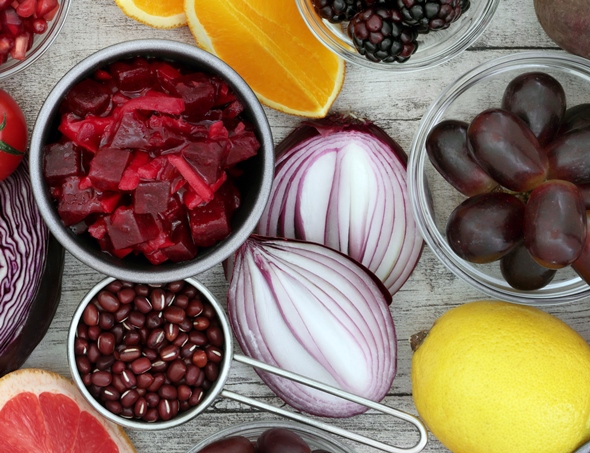Type 2 Diabetes: Getting Through the Holidays
 During the Holiday period it can be tempting to stray from your dietary restrictions when you are a diabetic; however, it’s important to stay on track and avoid temptations that could affect you later.
During the Holiday period it can be tempting to stray from your dietary restrictions when you are a diabetic; however, it’s important to stay on track and avoid temptations that could affect you later.
Mara Cakans, A.R.N.P., has the following advice: “The holidays can be a particularly stressful time for many diabetics due to high-sugar sweets and drinks offered at many holiday events. It is important to plan for gatherings by limiting carbohydrate-rich dishes and desserts, bringing diabetes-friendly dishes to parties and eating small and frequent meals to stabilize blood sugar. Keeping your regular exercise routine, even when very busy with the holidays, can keep you on track. Even though it’s very tempting, skip the sugar-filled eggnog and candy cane cocktail and choose lower-carbohydrate options. The key is finding a balance between indulging in seasonal treats and maintaining overall control of diabetes and potential complications.”
Diabetes Facts
The American Diabetes Association states that of the 38.4 million adults with diabetes, 29.7 million are diagnosed and 8.7 million are undiagnosed. Some individuals will have a predisposition to developing Type 2 Diabetes depending on race/ethnicity.
Type 2 Diabetes can have some of the following common symptoms; however, some are so mild they go unnoticed:
- Urinating often
- Feeling very thirsty
- Feeling very hungry — even though you are eating
- Extreme fatigue
- Blurry vision
- Cuts/bruises that are slow to heal
- Tingling, pain, or numbness in the hands/feet
All foods affect your blood glucose (blood sugar), but some have a bigger impact than others, such as foods high in simple carbs, fat and calories. Most of the food we take in is turned into glucose, or sugar, for our bodies to use for energy. The pancreas, in turn, makes insulin to help get glucose into the cells of our bodies. A diabetic’s body either doesn’t make enough insulin or can’t use its own insulin as well as it should. This causes sugar to build up in your blood.
If you have symptoms that make you suspect your blood sugar may be off, make an appointment with your Medical Center physician for a checkup today.
